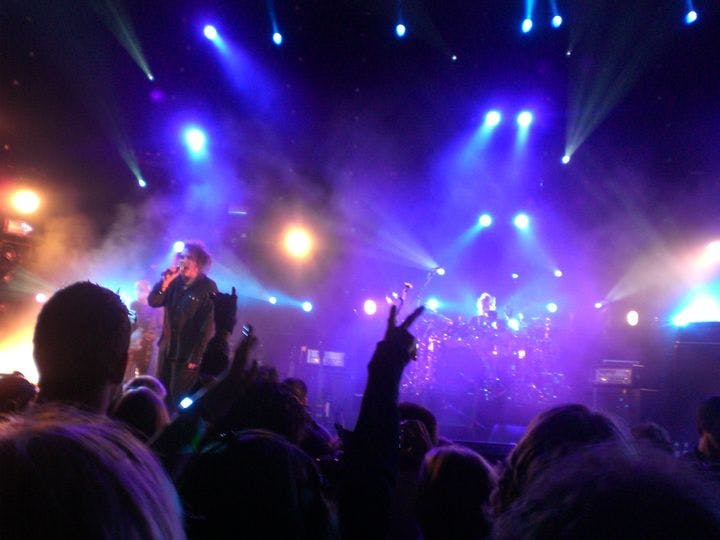Fall 2007
The End of Music?
– The Wilson Quarterly
The top 25 pop artists worldwide now earn most of their money from concerts, not recordings.
Recording industry officials have tried legal, legislative, and technical methods to stop teenagers from downloading free music. Nothing has worked. Now performers are responding with their own economic strategies: They are taking their music on the road and boosting ticket prices. The results suggest that the music industry may be facing a deeper crisis than many imagined.
The top 35 pop artists worldwide now earn most of their money from concerts, not recordings. Paul McCartney grossed $64.9 million from concerts in 2002, and $2.2 million from recordings. For Céline Dion, the figures were $22.4 million and $3.1 million; for Britney Spears, $5.5 million and $1.8 million.
“Income from touring exceeded income from record sales by a ratio of 7.5 to 1 in 2002,” write Marie Connolly, a Ph.D. candidate, and Alan B. Krueger, an economist, both of Princeton. “The top 10 percent of artists make [some] money selling records,” manager Scott Welch told the economists. “The rest go on tour.”
Since 1996, the authors write, concert ticket prices have risen 8.9 percent a year, nearly four times the overall inflation rate. Prices for prime seats have gone up at a notably faster rate than those for less desirable seats. But as prices have escalated, the number of concerts has dwindled. Pop stars sold some 30 million concert tickets in 2000, but only 22 million in 2003, when a quarter of all seats went unsold.
Connolly and Krueger see in the trend a deeper explanation of declining sales of recorded music: a “shift in leisure activities” away from music listening, whether the music is live or recorded. The portion of teenagers who said they had attended a rock concert in the previous year fell from 40 percent in 1976 to 31 percent in 2000. By contrast, the portion of teens who said they attended a professional sports event rose from 43 to 63 percent during the same period.
It’s not just sports that lure the young away. The Internet offers an ever-growing cornucopia of alternatives to musical entertainment. Like print media, the music industry may be feeling the effects of a change more profound than it had reckoned.
* * *
The Source: "Rockonomics: The Economics of Popular Music" by Marie Connolly and Alan B. Krueger, in The Milken Institute Review, Third Quarter, 2007.
Photo courtesy of Flickr/Taylor Ramos
